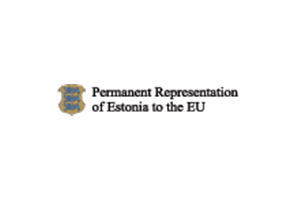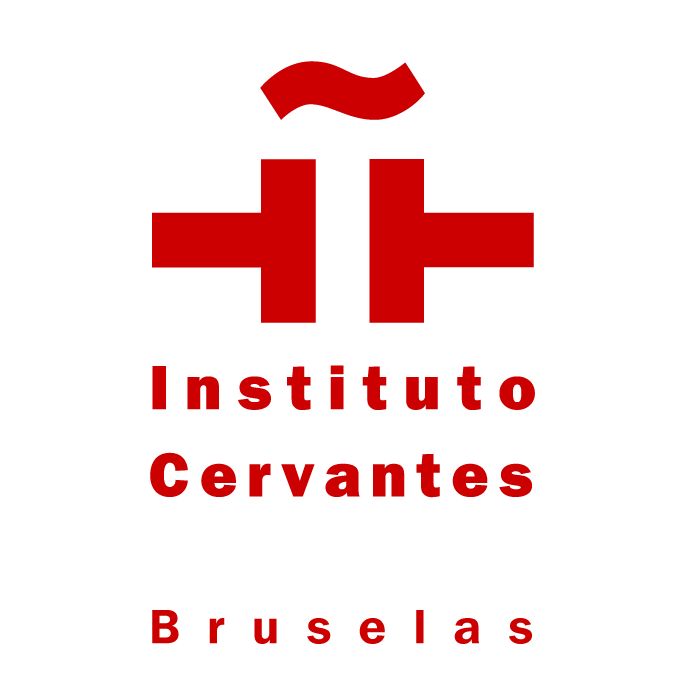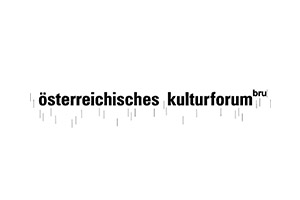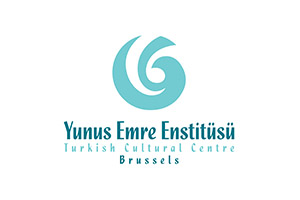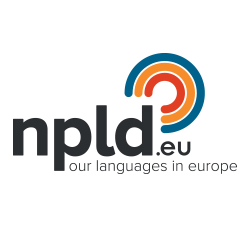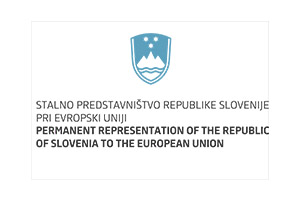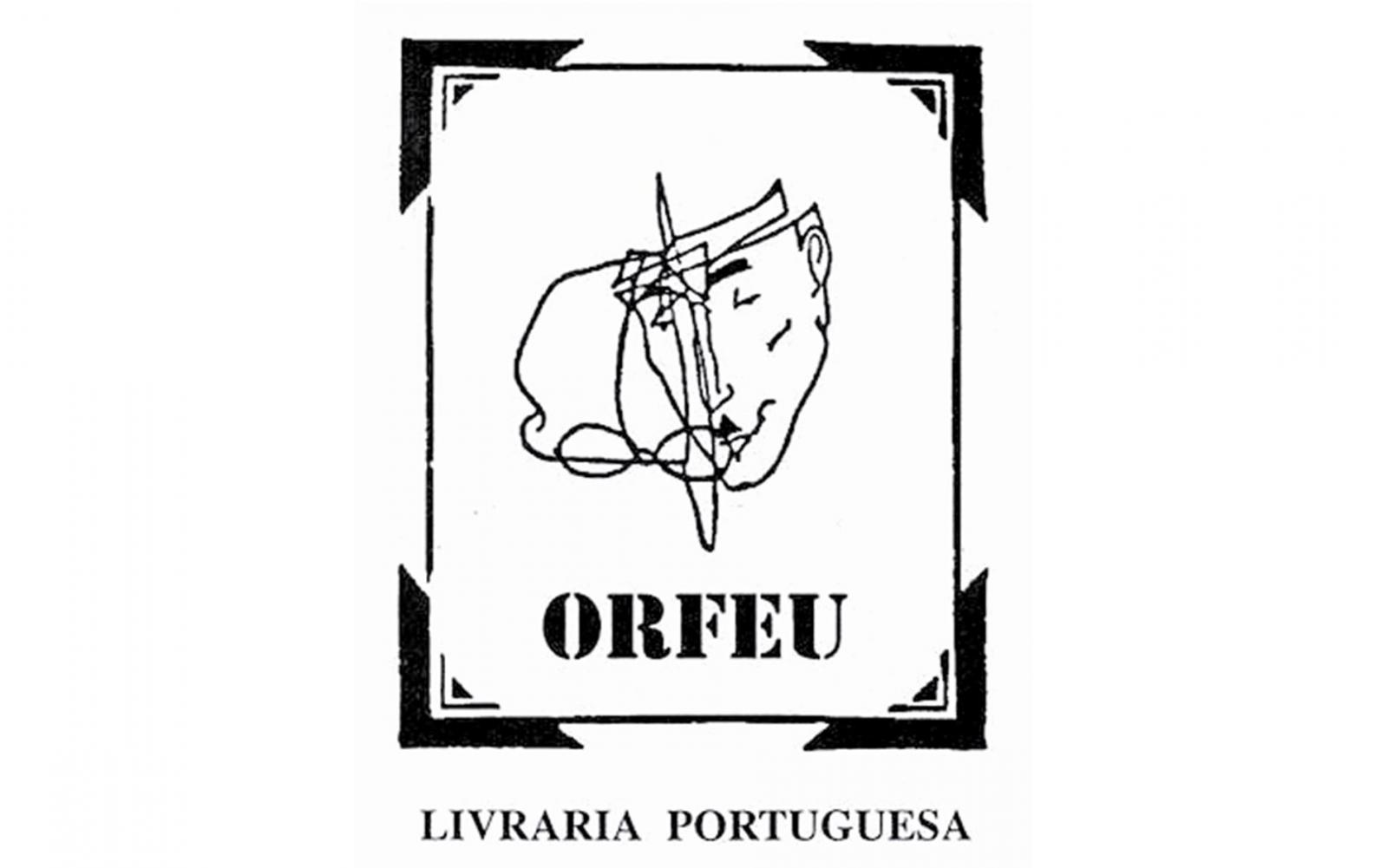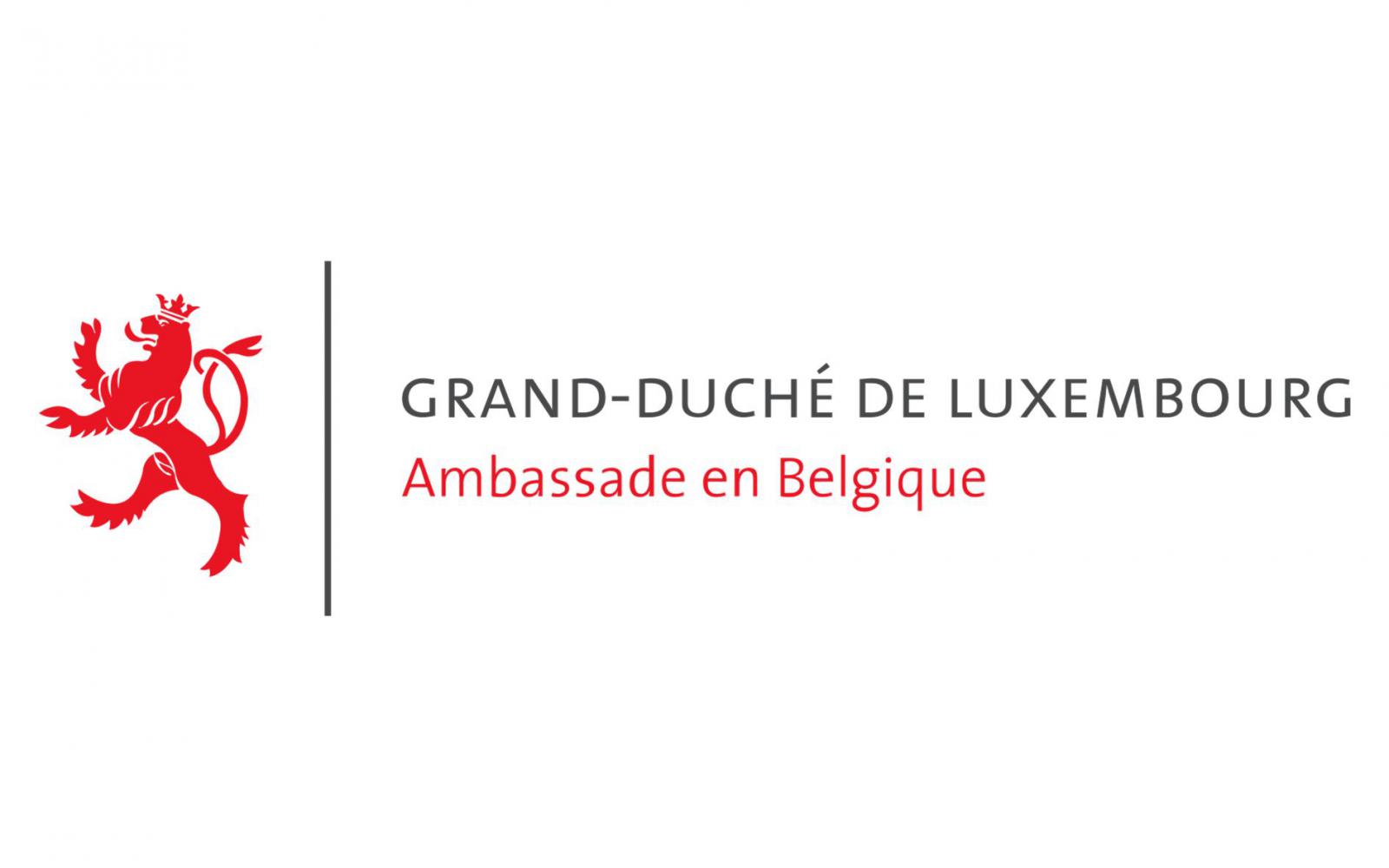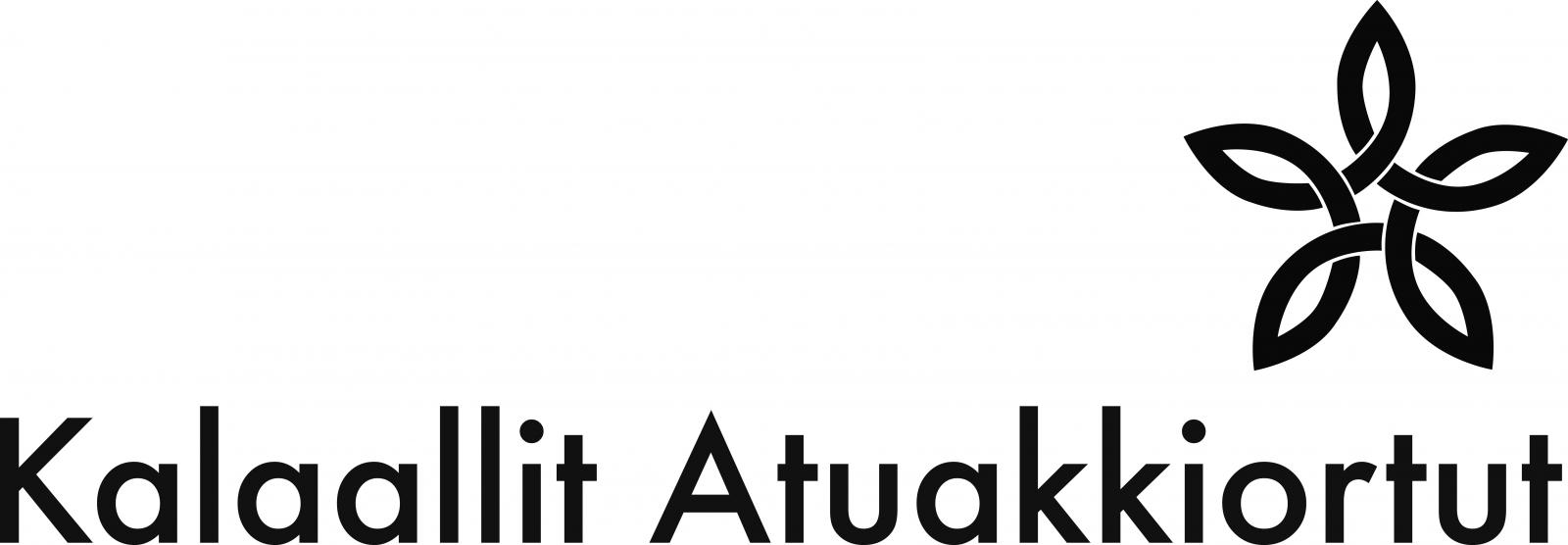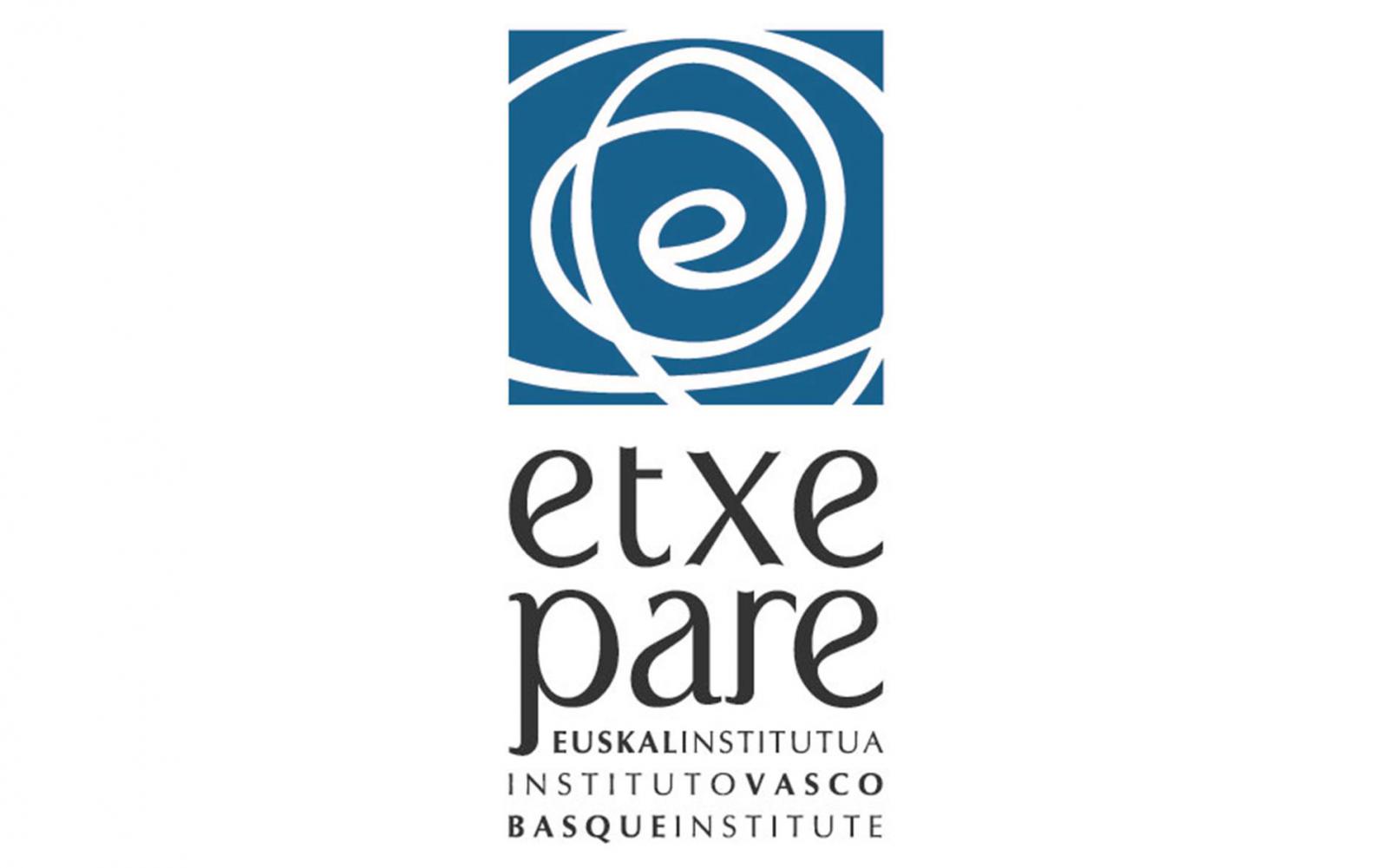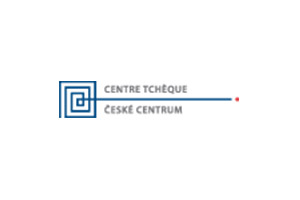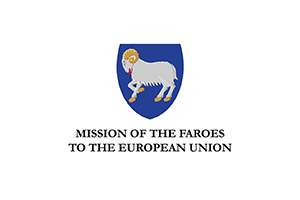Find a poet
Latest updates
-
TRANSPOESIE 2025
09/24/2025 -
Transpoesie 2025 - Programme
09/24/2025 -
Transpoesie 2025 - Open Call
04/16/2025
Ryszard KRYNICKI
Ryszard Krynicki was born in 1943 in Austria. He belongs to the group of Polish poets which make up what is known in Poland as the ‘New Wave’ (or ‘Generation 68’). With links to the democratic opposition in Communist Poland during the 1970s and 1980s, his poetry was only edited in unofficial, illegal circuits. In 1988, he set up the independent publishing house Wydawnictwo a5, which published the works of W. Szymborska, who was awarded the Nobel Prize for Literature in 1996.
He has translated a number of books from German, notably works by N. Sachs, P. Celan, B. Brecht and R. Kunze. He is also a corresponding member of the Munich Academy of Fine Arts and the Saxon Academy of Dresden. He currently resides in Krakow.
Krynicki’s work ‘is governed by a desire to improve oneself from the inside, to reject the lies of the world (...). His very short poems are not so much works of art which intend to surprise the reader as vehicles, areas of contemplation. (...) One of the main characteristics of Krynicki’s work is the way he continues earlier verses and publishes several versions, sometimes a great many, of the same poem. When it is conceived, a poem is not a closed thing, shut in on itself, but rather a stage, considered from a different angle, and developed, of the path which leads to a greater understanding and more simplicity’.
Ryszard Krynicki est né en 1943 en Autriche. Il fait partie du groupe de poètes polonais qui formèrent ce que l'on appelle en Pologne la « Nouvelle Vague » (ou la « Génération 68 »). Lié à l'opposition démocratique dans la Pologne communiste des années 1970 et 1980, il vit sa poésie éditée uniquement dans les circuits parallèles, illégaux. En 1988, il fonda la maison d'édition indépendante Wydawnictwo a5 dans laquelle W. Szymborska, prix Nobel de Littérature en 1996, publie ses œuvres.
Il a traduit de nombreux livres de l'allemand, notamment de N. Sachs, P. Celan, B. Brecht et R. Kunze. Il est également membre correspondant de l'Académie des Beaux-Arts de Munich et de l'Académie Saxonne de Dresde. Il habite actuellement à Cracovie.
A la création de Krynicki « préside une volonté de perfectionnement intérieur, de rejet du mensonge du monde (...). Ses poèmes très courts ne sont pas tant des œuvres d'arts destinées à surprendre le lecteur que des véhicules, des espaces de contemplation. (...) L'une des principales caractéristiques de l'œuvre de Krynicki est la continuation de vers antérieurs et la publication de plusieurs versions, quelques fois très nombreuses, du même poème. Dans sa conception, un poème n'est pas une chose close, enfermée sur elle-même, mais plutôt une étape, reconsidérée, évoluée, du chemin qui mène à une plus grande compréhension, à plus de simplicité ».
Ryszard Krynicki (°1943, Oostenrijk), behoort tot een Poolse dichtersformatie die de Nowa Fała (New Wave, soms ook Generation 68) genoemd werd. Omdat Krynicki's gedichten in het communistische Polen van de jaren 1970 en 1980 verbonden waren met de democratische oppositie, circuleerden ze alleen in illegale uitgaves. In 1988 stichte hij de onafhankelijke uitgeverij Wydawnictwo a5 waar o.m. Wisława Szymborska haar werken uitbrengt.
Krynicki vertaalt voornamelijk uit het Duits: Nelly Sachs, Paul Celan, Bertolt Brecht en Reiner Kunze. Hij is ook journalist en lid van de Academie voor Schone Kunsten van München en de Sächsische Akademie der Künste in Dresden. Krynicki woont tegenwoordig in Krakau.


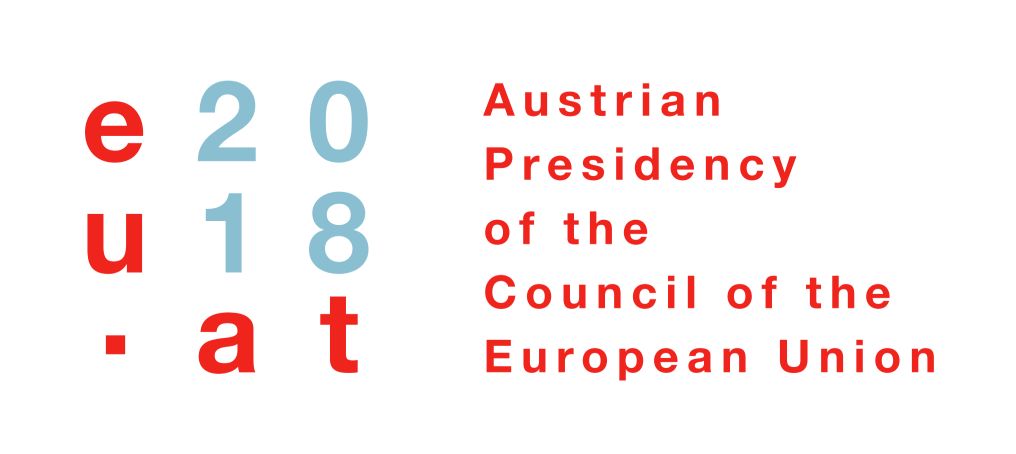

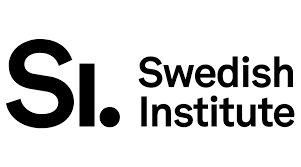
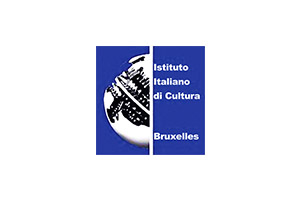
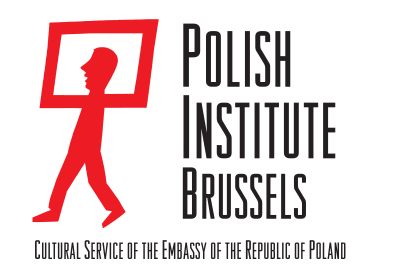
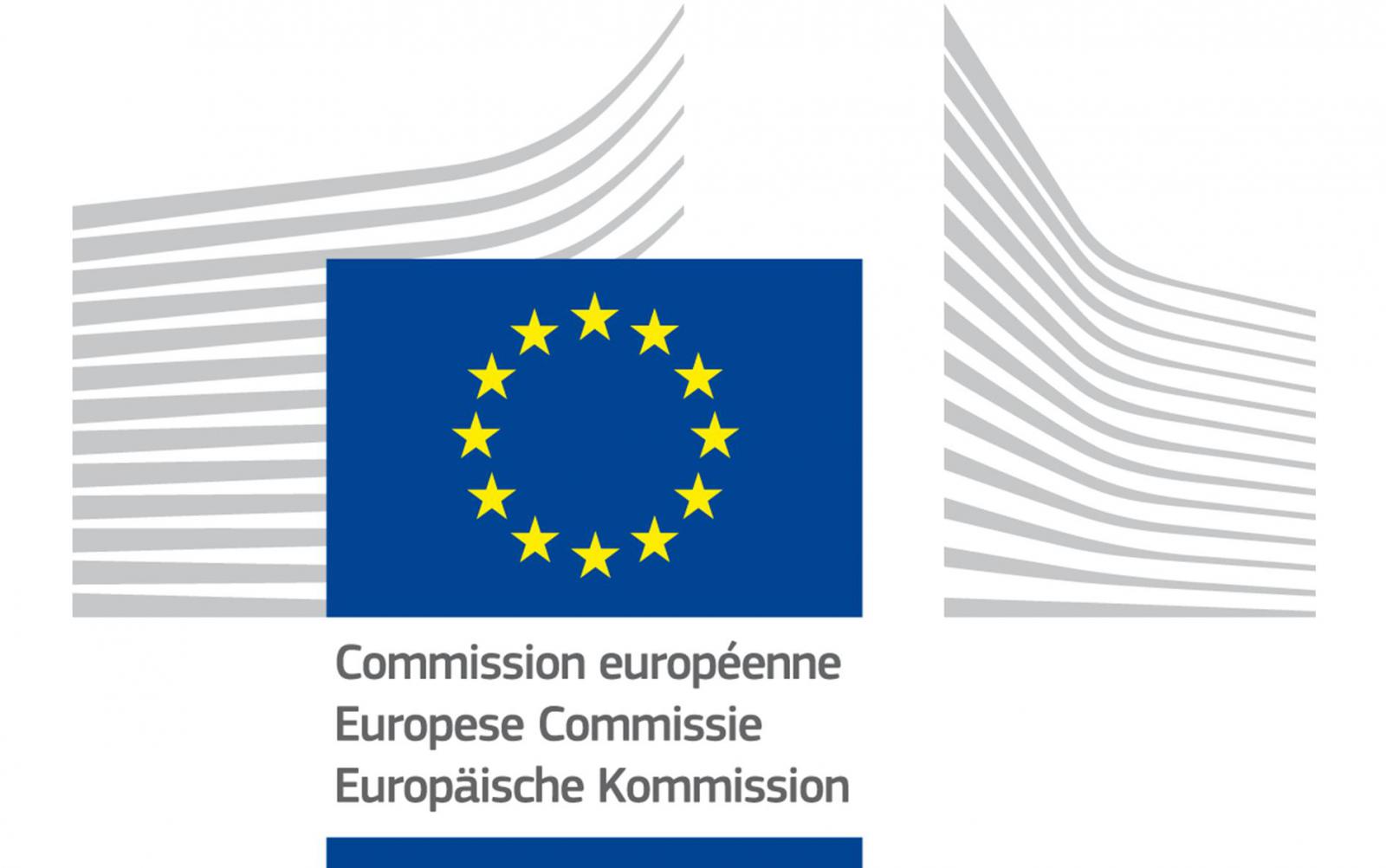

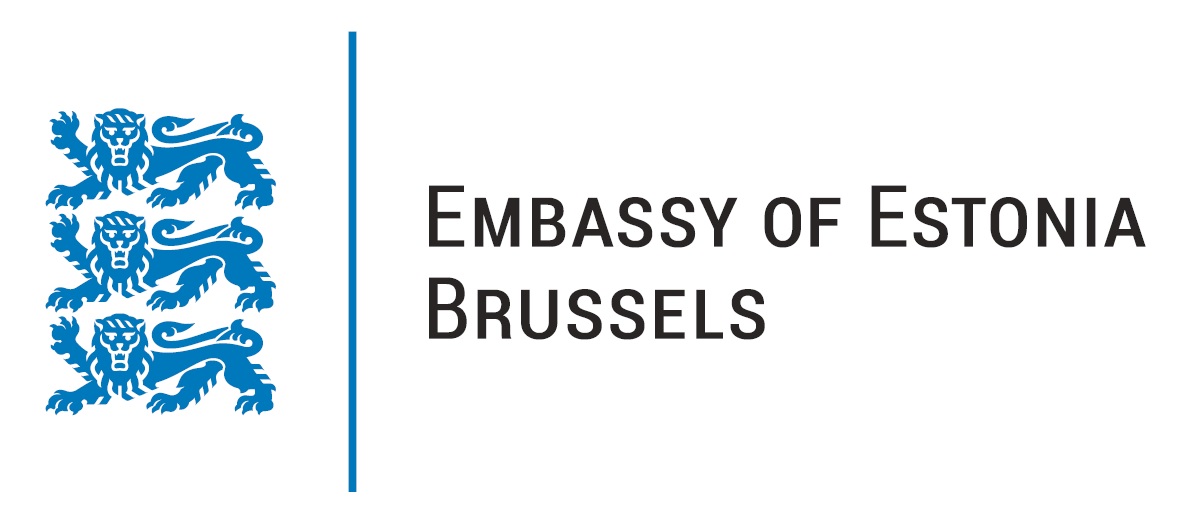
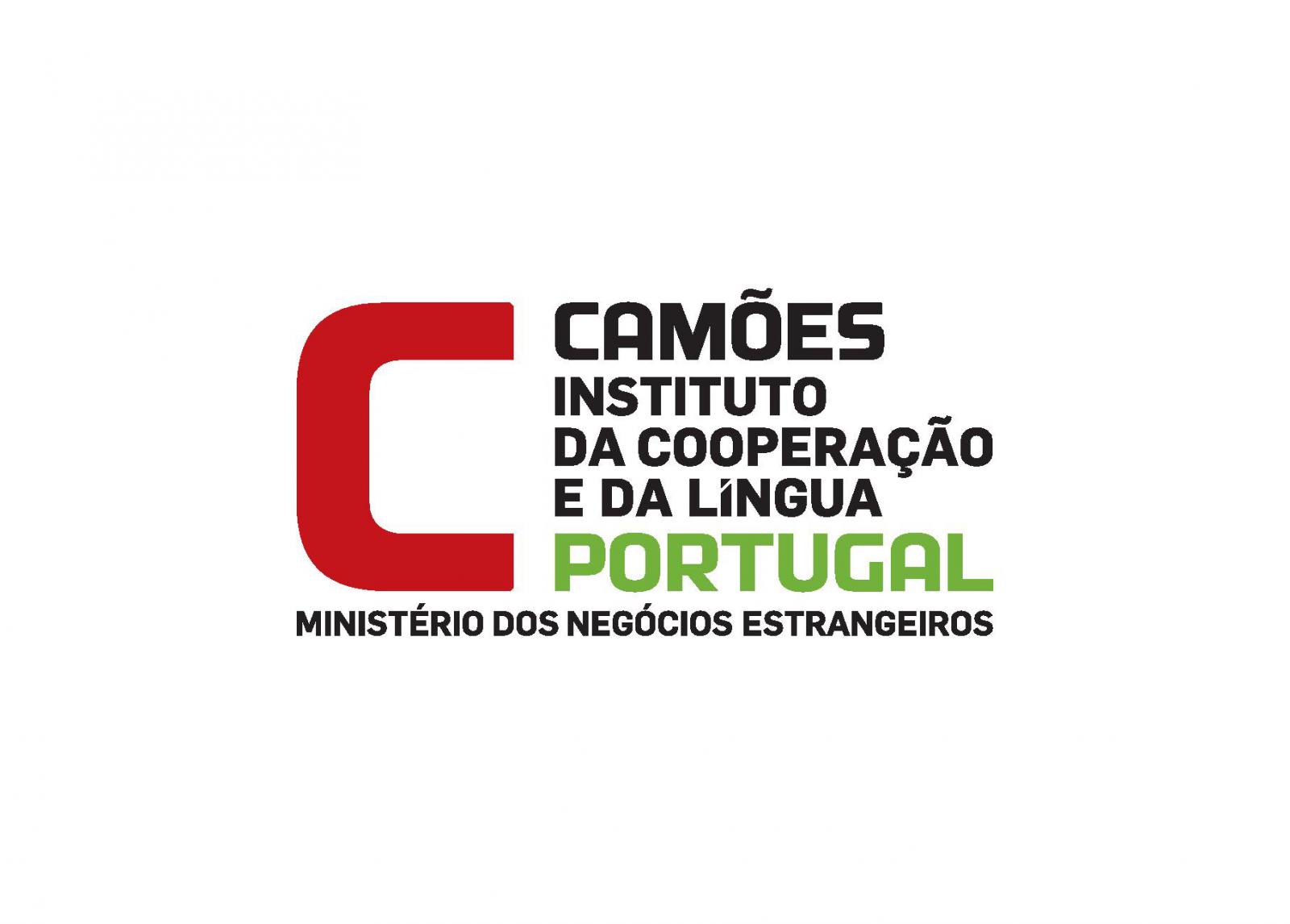
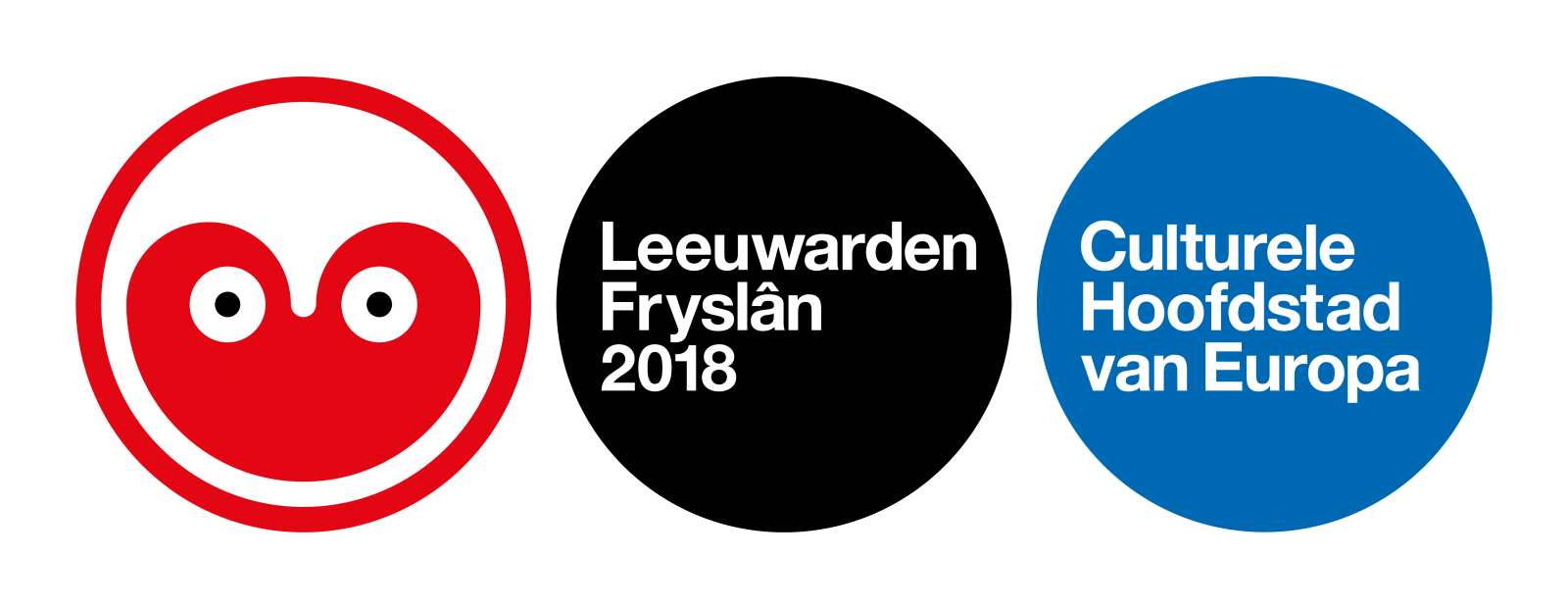

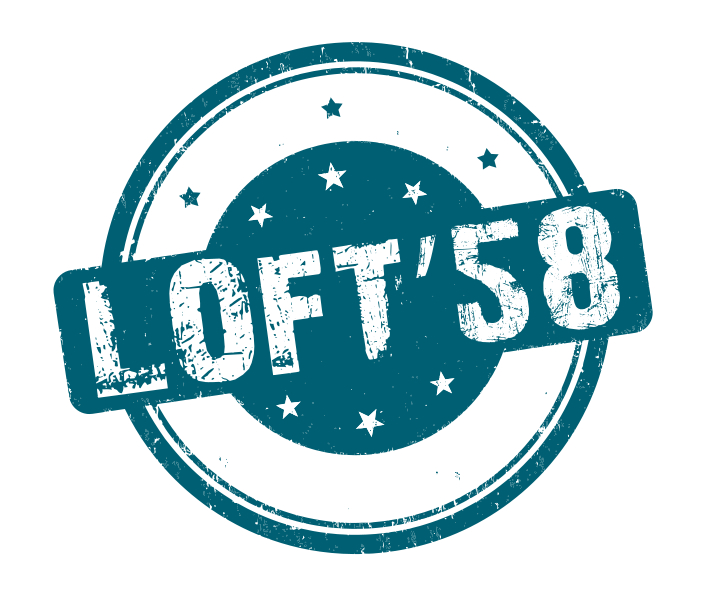

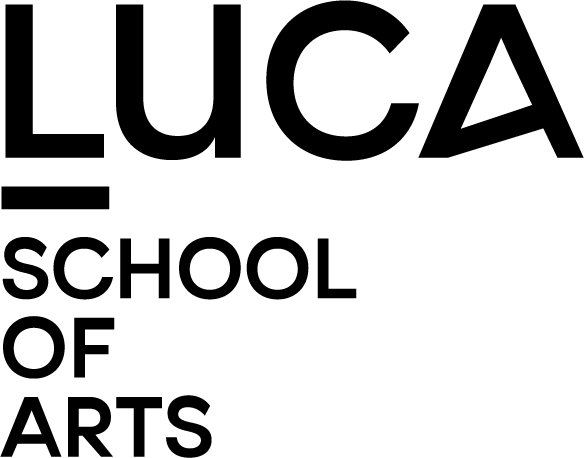

/RO - on the website.png)

